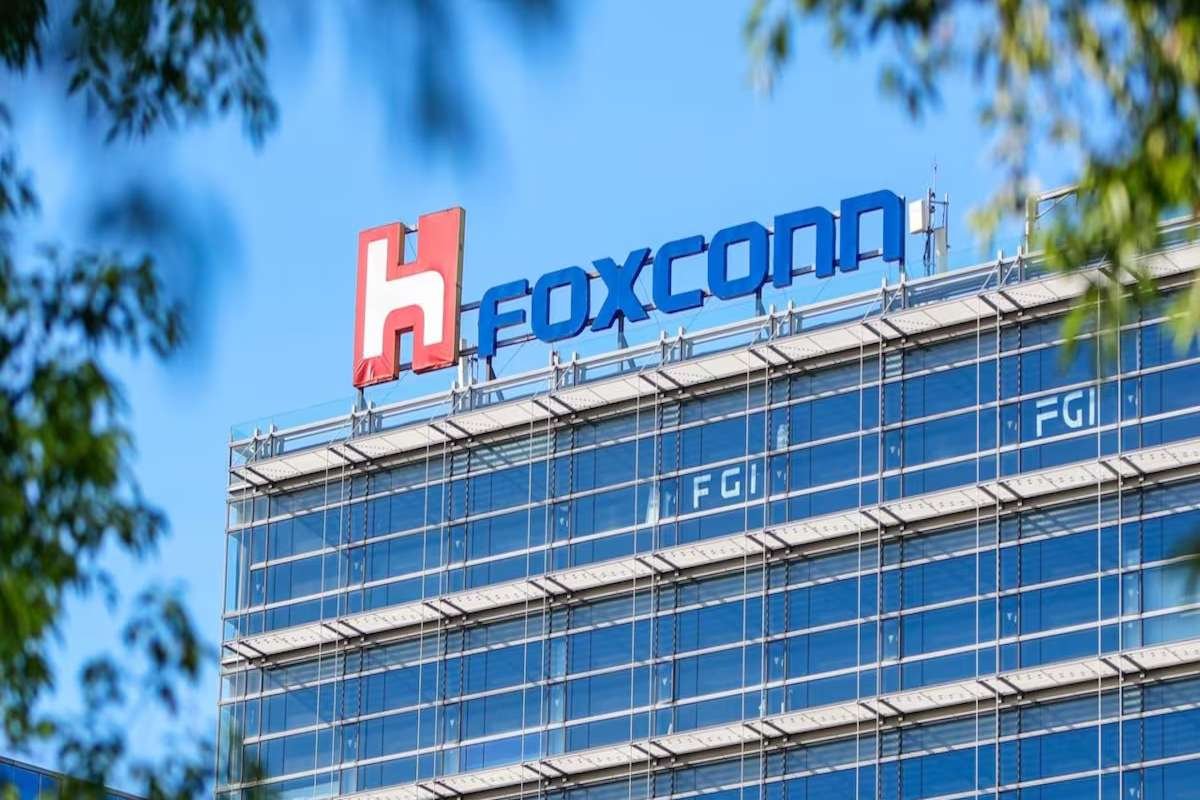Foxconn’s Indian arm, Foxconn India (Bharat FIH), has discreetly withdrawn more than 300 Chinese engineers and technicians from its iPhone assembly units in Tamil Nadu and near Bengaluru over the past two months. These developments, first reported by Mint, are being attributed to unofficial restrictions from the Chinese government, aimed at limiting the outflow of advanced manufacturing expertise to strategic competitors like India and Vietnam.
The timing of the withdrawals just ahead of the production cycle for Apple’s upcoming iPhone 17 has raised eyebrows. While neither Apple nor Foxconn India has issued formal statements, the mass recall underscores the complexities of diversifying high-tech manufacturing amid intensifying global tensions.
Strategic Setback for India’s Electronics Ambitions
The departure of experienced Chinese personnel poses a significant challenge to India’s plan to scale up domestic value addition in electronics manufacturing. These engineers have been instrumental in setting up precision tooling, training Indian technicians, and optimizing workflows, critical aspects as Apple shifts more iPhone production outside China with Foxconn India playing a key role.
As reported by The Economic Times, India currently contributes around 16% of the iPhone’s total value. The goal is to push this number significantly higher under the government’s $500 billion electronics manufacturing vision by 2030. However, without a strong knowledge-transfer pipeline, the path forward may be slower and more expensive.
Though quality standards are reportedly intact thanks to Taiwanese personnel stepping in, the long-term implications of reduced Chinese expertise could affect efficiency, production timelines, and cost structures.
India Pushes Forward Despite Disruptions
In response, Foxconn India has replaced many Chinese staff with engineers from Taiwan and Vietnam, and is investing in training local workers to operate Chinese-language machinery. The Indian government, while acknowledging the shift, has downplayed any disruption. Union Minister Ashwini Vaishnaw stated that India’s iPhone production ramp-up remains on track and emphasized the country’s growing manufacturing capabilities.
Foxconn India commitment to India appears undeterred. The company is building a $1.5 billion display module plant near Chennai and expanding semiconductor and component manufacturing near Bengaluru and Hyderabad. India now accounts for nearly 20% of global iPhone output, with analysts predicting it could rise to 25–30% by 2026.
While the sudden withdrawal of Chinese engineers highlights the vulnerabilities of geopolitical dependence, it also accelerates India’s push to build indigenous capacity. The road may be bumpy, but the long-term shift in global manufacturing power seems firmly underway.
Visit more of our news! Business Viewpoint Magazine.
Sources:








